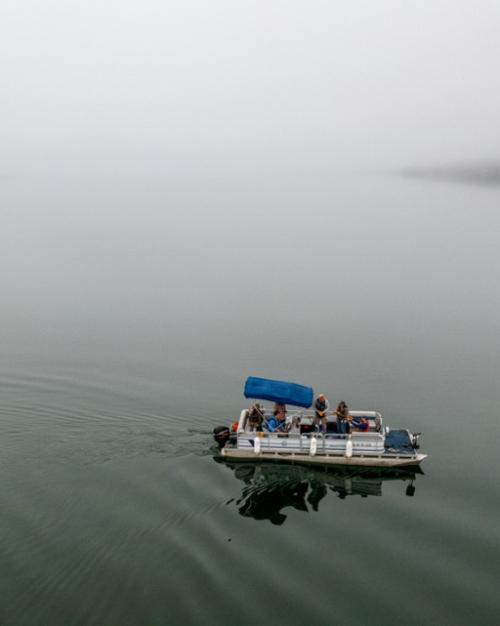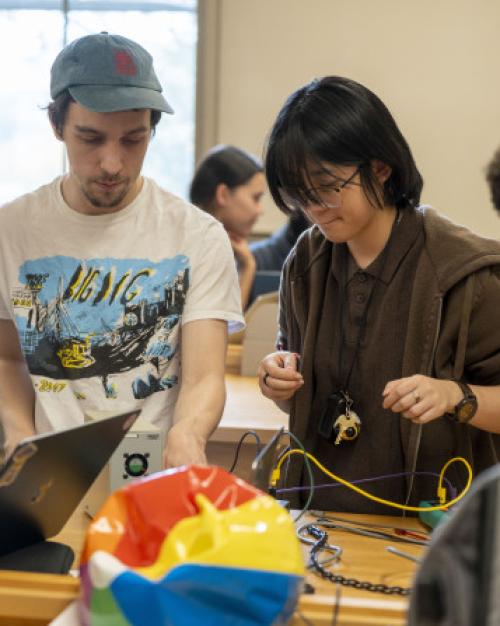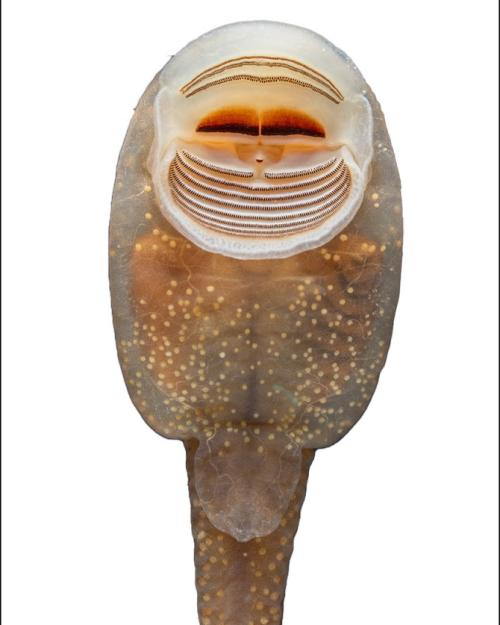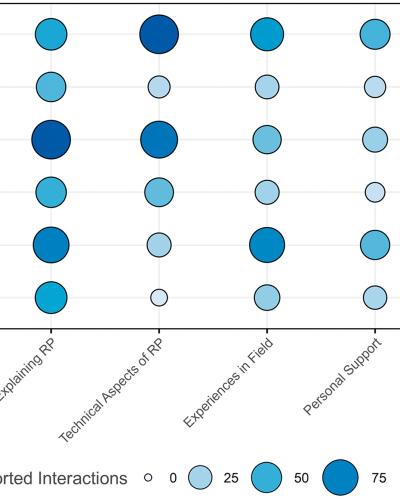Undergraduate students in scientific field courses often talk about their research with mentors, peers, family and friends and those interactions are important in shaping student views of themselves as scientists, according to research by Cornell doctoral student David Esparza.
Esparza’s paper, “Professional social connections are associated with student science identity in a research-based field biology course,” was published Sept. 10 in Ecosphere.
“Much of the work in this field focuses on field courses and their impacts, but few people study the social interactions taking place within field courses and whether those interactions are related to outcomes,” he said. “I found a connection between the frequency of interactions students had with other students and their professors and the degree to which they view themselves as ‘scientists.’ “
Esparza is studying discipline-based education research in the field of ecology and evolutionary biology. His study focused on students in a Cornell undergraduate field course in the fall of 2020, where he conducted numerous surveys during the semester. His work is supported by a graduate research fellowship from the National Science Foundation and by the Athena Fund from The Cornell Lab of Ornithology.





